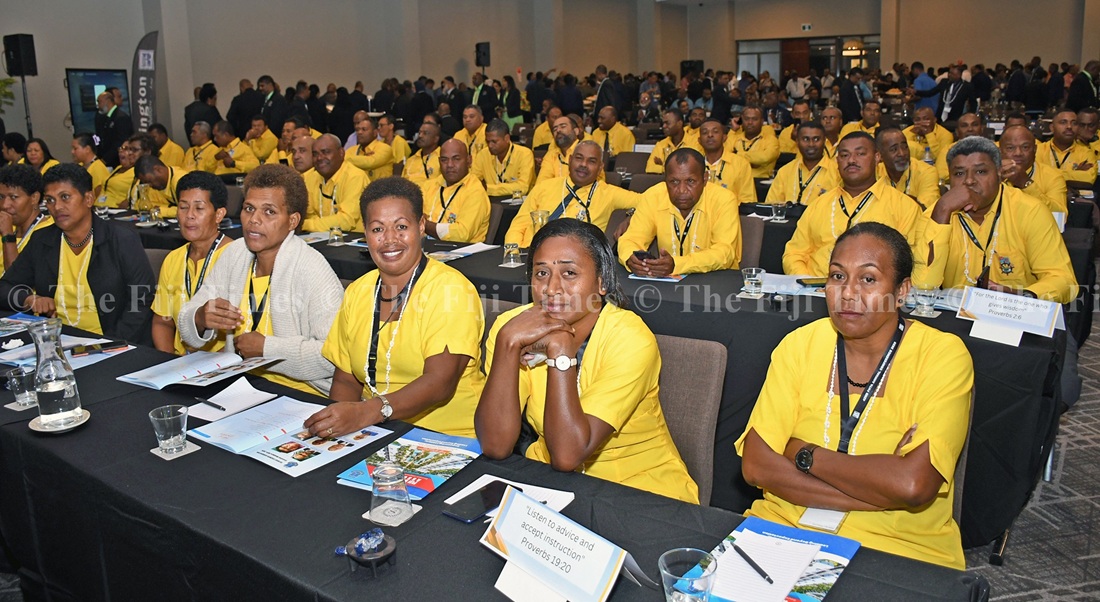Keeping kindergarten students in school for longer hours could cause more harm to the student.
This was re-emphasised by more than 700 primary school heads at the 42nd Fiji Head Teachers Conference in Nadi yesterday.
Association president Johnson Rura said the recent directive under Circular 77/2025 titled Full Time Learning and Teaching Program at Pre-Primary Centres or Kindergartens had sparked real concern.
“When policies begin to stretch the school day beyond what young minds are developmentally ready for, we risk creating more harm than progress,” said Mr Rura.
He said research in early childhood development was clear.
“Children under the age of six learn best through play, rest, and rhythm and not prolonged routines and rigid schedules.
“According to the American Academy of Paediatrics and UNESCO guidelines on Early Childhood Care and Education, extended formal instruction at this age can lead to ‘hurried child syndrome’ — a condition where developmental milestones are rushed, emotional regulation is strained and learning becomes a task rather than a joy.”
Mr Rura said more hours in school did not equal better learning.
“In fact, studies have shown that when young children are kept in structured academic settings for too long, it can lead to increased anxiety, reduced motivation and even regression in core skills like language and attention.
“We cannot afford to make decisions based on administrative convenience at the cost of a child’s well-being.
“Educational policies must be child-centred, evidence-driven, and context-aware and not blanket directives handed down without thorough consultation or piloting.
“If we are serious about laying strong foundations, then our approach must match the science, meaning less pressure, more play, fewer directives, more dialogue.”
The FHTA president also highlighted the consequences of keeping more than 18,000 kindergarteners in school.
“The Land Transport Authority (LTA) Act in Fiji includes specific safety regulations to protect young children, particularly those below six years of age, when using public transport.
“The Act mandates that children under six must be securely seated and appropriately restrained while travelling on public transport vehicles, aligning with international child safety standards.
“While the Act does not specify anything to the fare or travel cost for these little ones, most public transport such as buses will demand that these little ones travel with an adult; so that they are securely seated and appropriately restrained.
“This will lead to other issues such as crowded school buses, increased risks to accidents when they will travel with younger siblings and not an adult, and drivers will demand that they swipe a card just like every other student and many more.”
The three-day FHTA Conference was opened by Education Minister Aseri Radrodro at the Sheraton Resort and Spa on Denarau Island yesterday.

